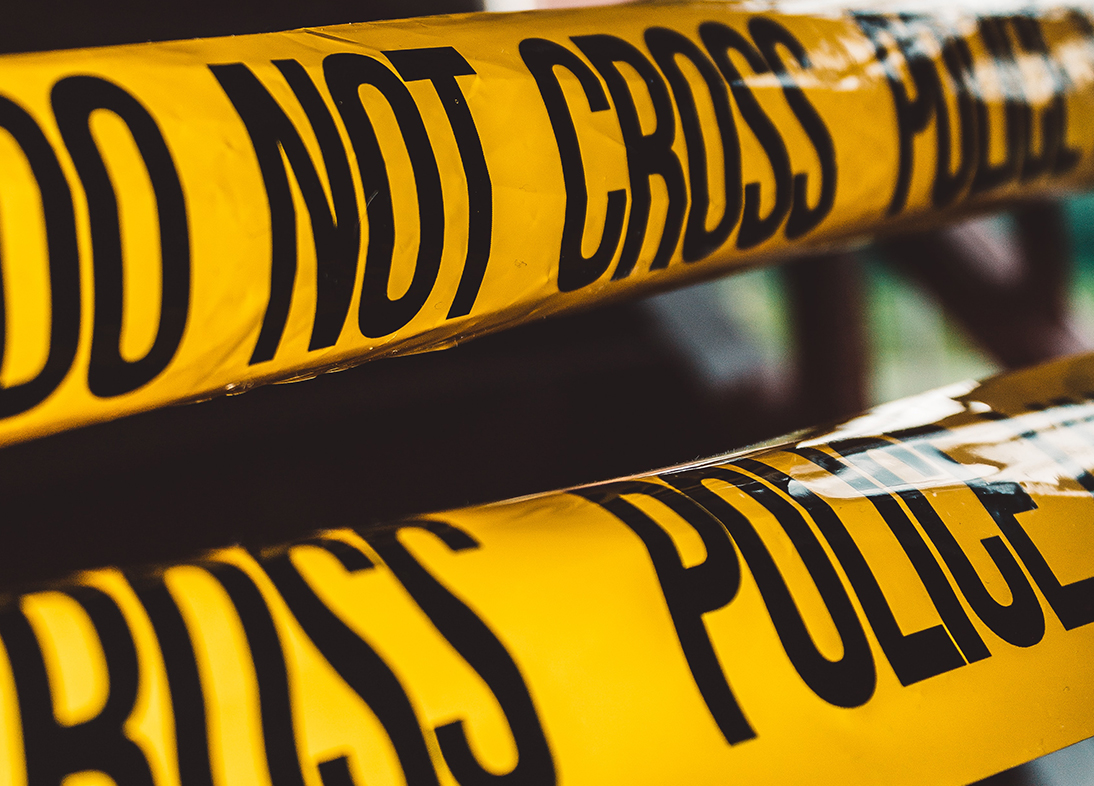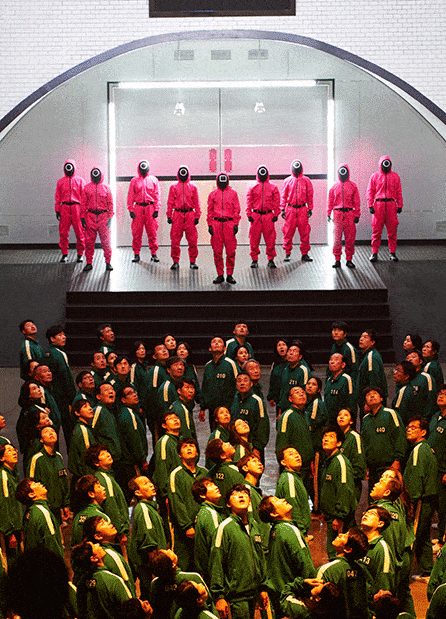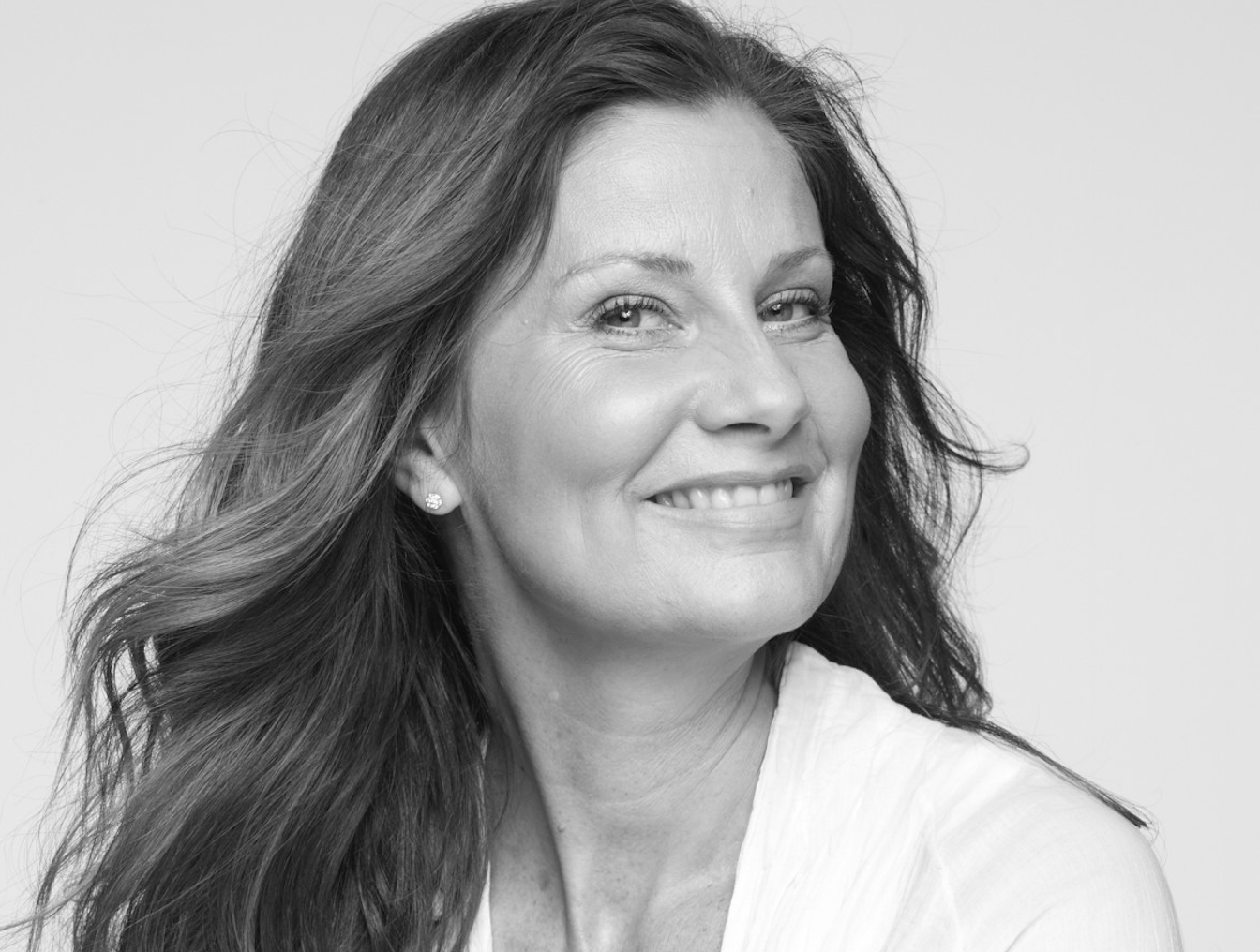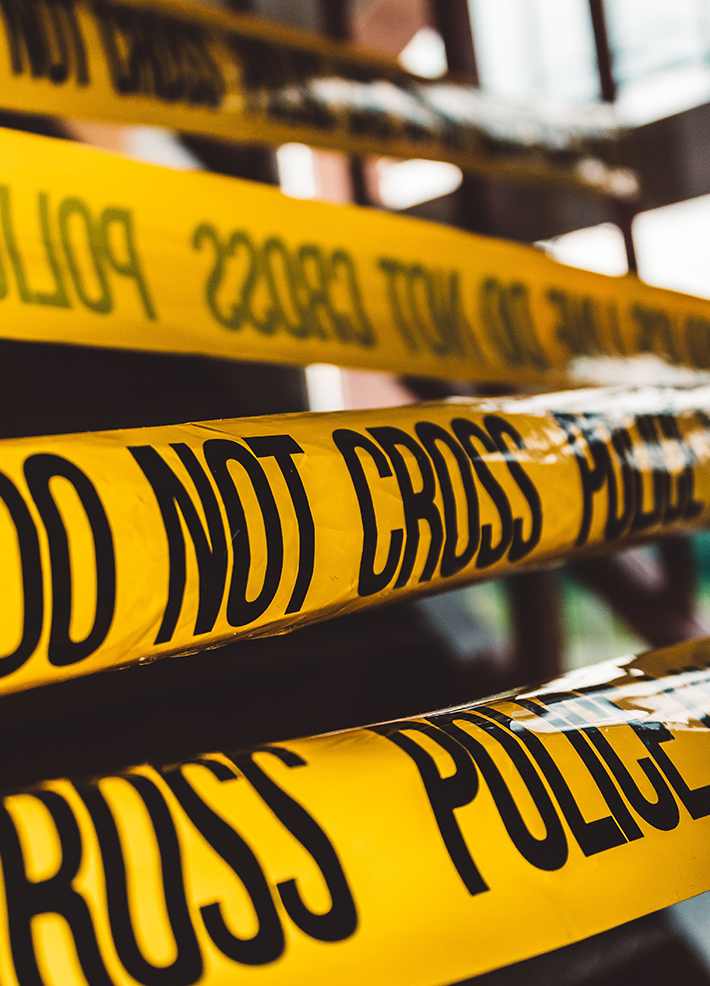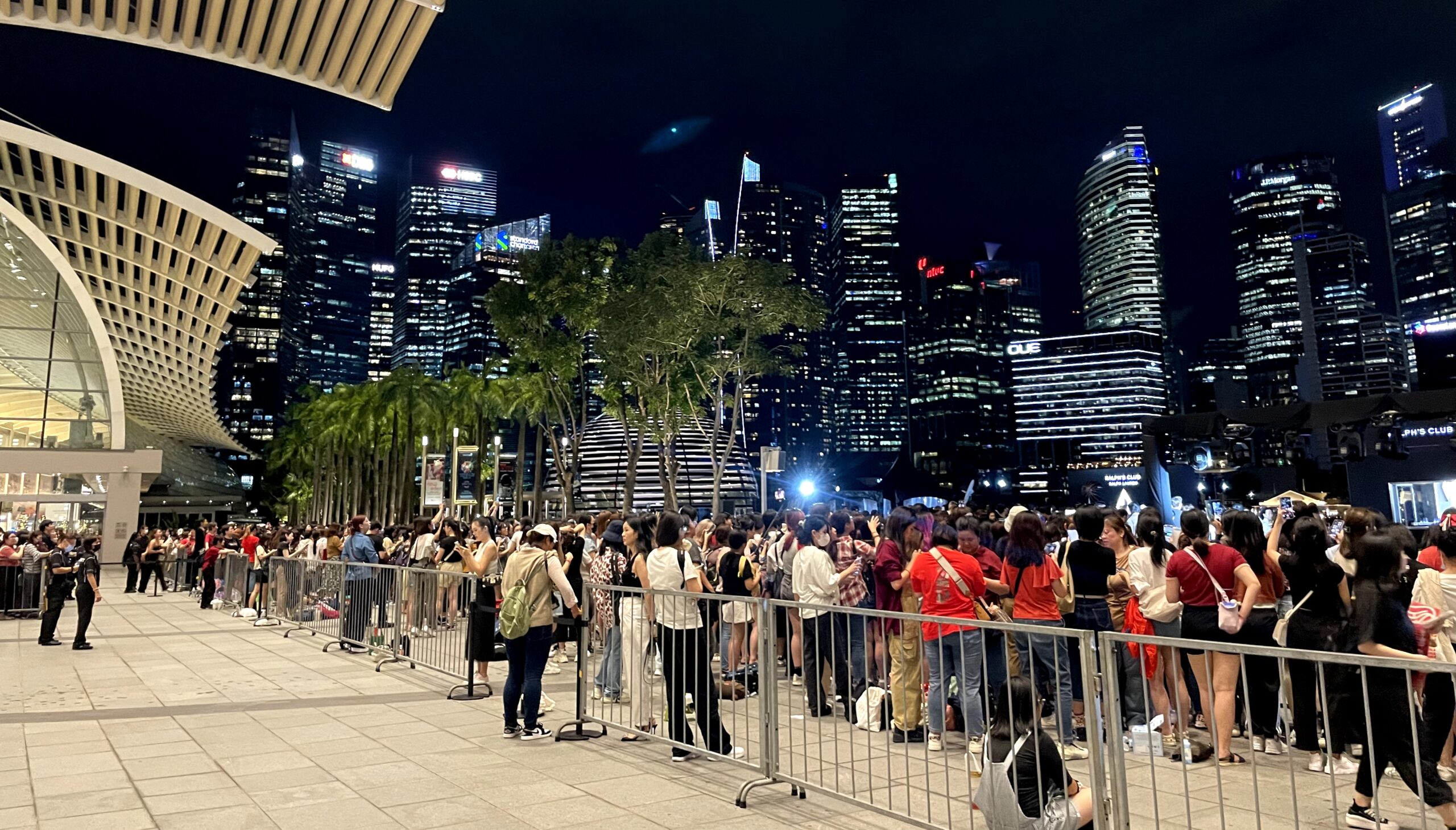Five minutes with a crime-scene cleaning specialist
Scrub-a-dub-dub
- 11.10.2021
- By RAHAT KAPUR
Let’s be honest; there’s no shortage of career advice available out there in the big, bold digital world. From what to wear to an interview to how to negotiate the salary of your dreams to seeking out the promotion you know you’re well overdue for, a simple Google search will have you swamped in a lake of tips and advice. Be it from leading Fortune 500 voices to visionary entrepreneurs sharing their tips on how to launch the start-up of the future.
But what happens if you want to pursue a more ‘unconventional’ career path? What if your passions lie in areas such as pet sitting, video-game testing or being a tattoo artist? How do you navigate the murky waters of qualifying for these roles; much less finding employment within them? After all, what does the CV of a mortician look like versus your conventional accounting resume?
That’s why Buro. Singapore is launching our new series: The Unconventional Career Coach – where we spend five minutes chatting to a multitude of interesting, diverse and unique people in the jobs market, all working in industries or roles you just don’t get to hear or read about on the average day. Each month, our amazing candidates will offer insights on who they are, what they do, how they got there and how you too, can unlock the unconventional career of your dreams.
For our inaugural column, we speak to an American Crime-scene Cleaning Specialist, Megan Wilson.
*Trigger warning for those who are squeamish or don’t like talk of bodily fluids and/or death*.
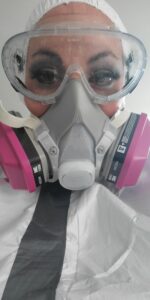
Can you tell us a little about what a Crime-scene Cleaner actually does?
This is a bit tricky since every job is different. I actually take care of any type of death, sometimes not just crime-scenes. Needless to say, the job can be rather grim as we handle everything from self-inflicted harm to shootings to accidents to any type of death, really. Contrary to popular belief, we’re not the forensics guys you see on TV who come in and do all the analysis and blood-work. We come in after them, and focus on cleaning up the space – whether that’s a car, a home, or a hotel. We rehabilitate them to the best of our ability. Many times this includes pulling up flooring, chipping and repainting drywall, removing furniture, etc. We also do hoarding clean-up and biohazard clean-up.
How did you get your first job in the industry?
Online as a Dispatcher! I started in dispatch and slowly worked my way into the clean-up portion. This isn’t typical. People who are interested in this line of work usually start out in construction, janitorial, hard labour-type of jobs, and end up finding a job with us. This job doesn’t typically work out for people who do forensic studies or medical stuff. Usually, those occupations don’t actually end up enjoying the labour-intensive work that we have to do. Especially the hoarding part – it can be especially difficult and I’m sure you can imagine, messy.
Is your job as morbid or gruesome as it may sound?
Not going to lie – it really can be. While we do more than crime-scene work, it’s usually the most morbid and gruesome at times. It can also be quite odd. I once had a whole new vision of what soup means, when we had to go clean up an unfortunate situation of someone left in their jacuzzi for days on end. Other times, it’s just sad because we’ll find animals sitting by the side of their owners, if they’ve passed away and haven’t been discovered for a few days; until neighbours or loved ones call. By far, the hoarding component is a whole new level when it comes to ‘interesting’ finds. It’s crazy to see what some people collect. From colostomy bags to chickens – we’ve seen about everything there is to see in a home.
That sounds like messy work! What’re the best things about your job?
One very cool thing about this job is that, it’s never the same. No two calls are the same, but what binds them together is that each of these people really need our help. And that’s what we are there for. We also get to play an inadvertently important role in providing closure in some ways – especially for crime-scenes. We’re the ones that go in and take out the loved ones’ belongings for the family to go through. We are the faces of the people who bring them a little bit of peace. We get to offer a little bit of relief and a sense of healing. Losing anyone is most often so heavy, even if it’s expected. So it’s nice to be able to give back in that way.
The other element that may not seem like a pro, but really is, is the ability we have to connect to the stories of those we help. We’re emotionally invested in each of our jobs and whilst it can be very draining, it’s also incredibly personal. We feel first-hand at times the thoughts, emotions and memories of the person we’re there to help, and that’s a really unique experience. It can be really mentally tough at times though, and I’m glad I do more than just crime-scenes, as that’s where I find it becomes incredibly difficult not to get affected.
Have you ever helped to solve a crime during the course of your job?
We don’t tend to get involved with law enforcement. Although, sometimes I do like to think up my own story of what happened or you’ll find little clues of insight. You’ll get these nagging feelings, like “Nah, this person didn’t just fall”, but we’re not law enforcement or forensics, so we can’t really make that judgement. Typically when we come in, forensics have already taken what they deemed necessary and we respect that.
Are there many women in your profession?
Absolutely! Some of the most famous companies in our profession are run by women! In my experience, women tend to do very well at handling this role better, overall. There are definitely some great men out there that do this job too, but I see more women being successful.
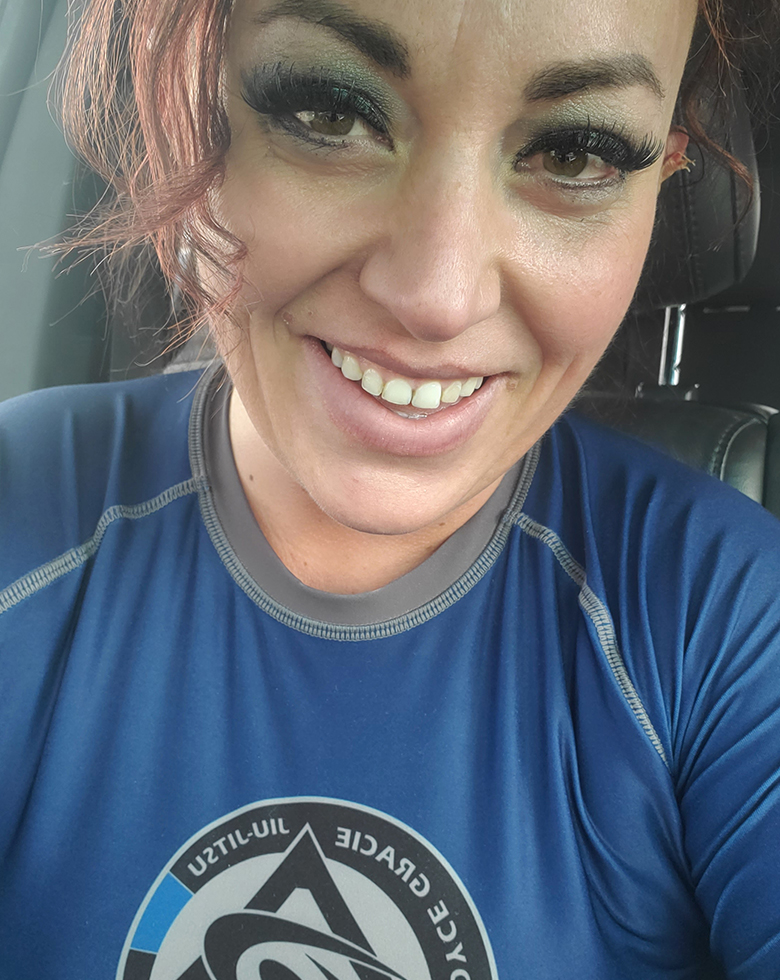
Do you need any special training to become a Crime-scene Cleaner?
Yes and no! To be on your own as a Crime-scene Cleaner, you definitely need blood-borne pathogen training. Some companies require biohazard recovery training, but not all. You definitely need to be up for hard work. It’s not easy. Especially when it comes to body fluids like blood. It’s prying out flooring, subfloors, moving appliances, cutting out drywall – it’s not glamorous by any means! You’re up close and personal with people’s everything. You have to have thick skin and a strong stomach. One time we went on a job with a new hire and there were fruit flies, and he just noped right out of there. Everyone gets sick from time to time, and everyone has those triggers (it’s maggots for me), but you’ve got to just put on a brave face. That and I recommend Vicks for your nostrils.
How do you cope with particularly difficult situations such as hoarding?
Honestly, I see cleaning for hoarders as kind of a second chance. We don’t do any therapy or counselling (although we highly recommend it!) but seeing them find things they lost, and giving them their hope back, is very rewarding. Hoarding really is a different animal. In my non-professional experience, hoarding typically is brought on by trauma or loss. Sometimes these jobs can bring up that trauma or loss all over again, and it can be so, so difficult to say goodbye to things you and I might think are junk, but to them are almost like a security blanket protecting them from a harsh, mean world. But being able to get through that to the other side, while being compassionate and helpful, is so rewarding. Many times people expect us to be grossed out or judge them by how they live, but judging someone doesn’t help us or them, so we just don’t do it.
Have you ever refused to clean a crime-scene based on what occurred?
No. Although some scenes will stay with you. I tend to wish that I knew more in certain circumstances, and knew less in others.
What is the one thing you wish more people knew about your job?
This is a good question! There are so many, but here are three:
- Firstly, I wish people knew that dog and cat urine is AWFUL. As is barf of any kind. Please don’t let it sit there. Clean it up as soon as possible, otherwise it’ll ruin your floors!
- I also wish people knew that our services cost money. We don’t work for free, and we don’t know anybody who does. For some reason, people tend to assume we’re just part of some bigger process, but we’re actually professional workers that should be taken and paid seriously for what we do.
- Lastly, I wish people knew death has a bigger impact than they think, especially when self-inflicted. It doesn’t just affect your family and your friends; it can impact your landlord, your neighbours, the paramedics, and the clean-up crew, just to name a few. It’s such a ripple effect to so many around you and I wish more people knew how much value their life truly has.
ADVERTISEMENT. CONTINUE READING BELOW
